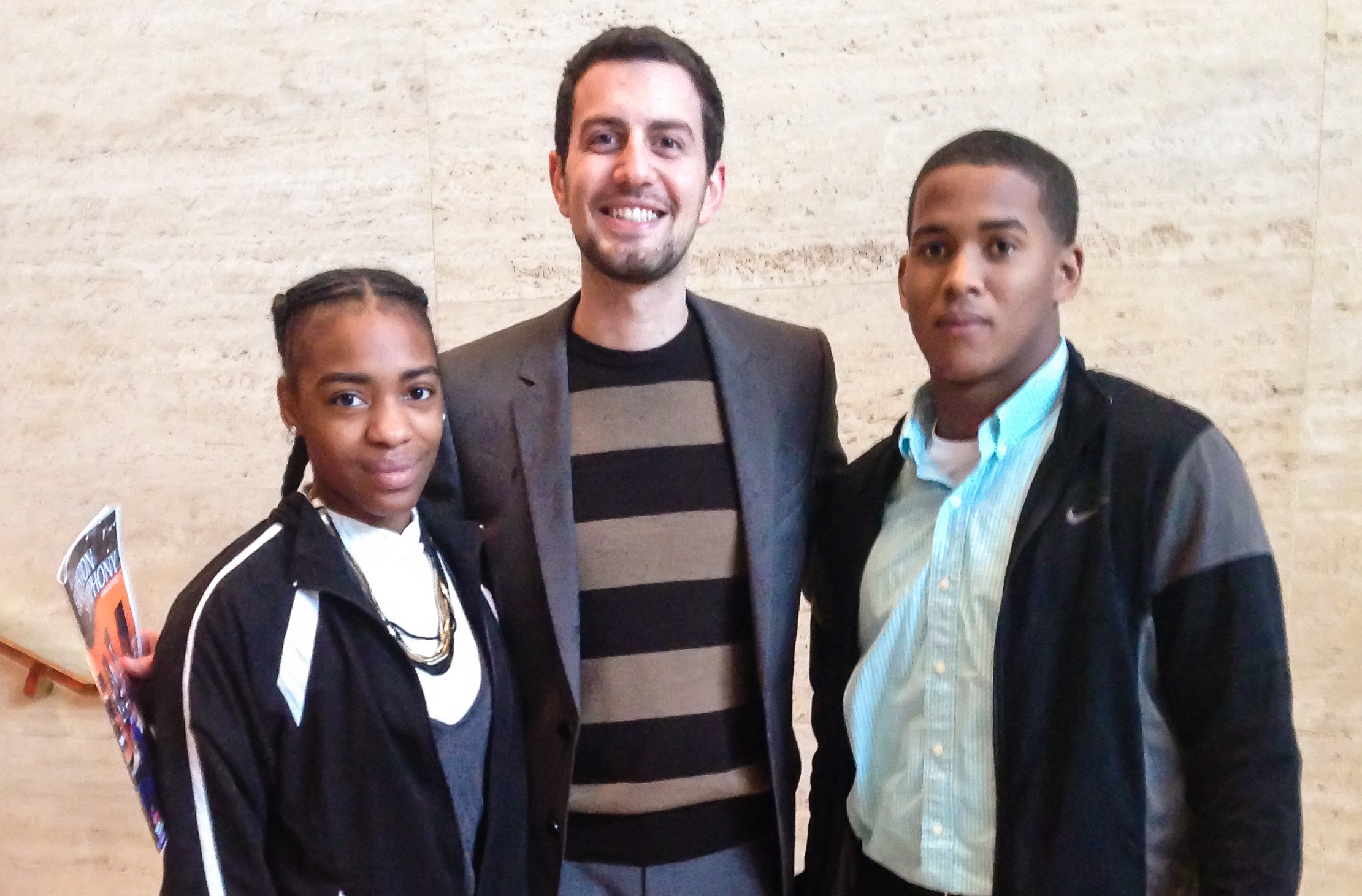
As teacher Adeeb Barqawi began teaching his morning class at Houston’s Kashmere High School, he noticed one of his students didn’t even raise her head from her desk.
“I walked over and asked her what was wrong,” Barqawi said. “She said her mom had been murdered. She just came to school so she could eat.”
That’s when the true reality of what his students experienced every day began to set in. It wasn’t just crime. Students came to school dealing with a variety of serious issues from hunger to health concerns to worries about where they would sleep at night.
“The daily conditions they were facing were crippling,” Barqawi said. “How could they come ready to learn when they went through all those things before they even walked in the school?”
That’s when Barqawi set out to create a system to help students in Kashmere Gardens get connected to the health, education and social services they desperately needed – all inside the school.
After first meeting with community members, school leaders, and students, Barqawi founded ProUnitas. It’s a nonprofit organization that works with students, service providers and the community to coordinate a system of health, education and wellness services in the low-income neighborhood.
“We’re building a way for students to have the services they need so they can excel and have success in school and beyond,” he said.
For example, if a student is showing signs of a mental health crisis, the ProUnitas system first identifies that the student needs help. Then it connects the student to a mental health service provider on campus. Barqawi says the key to making the effort sustainable is the focus on building a coordinated system of care.
“As a country, we’ve become program rich and system poor,” Barqawi said. “This is systemizing the way agencies are able to reach the students who really need that service.”
In 2016, EHF’s $125,000 grant helped ProUnitas shape it’s successful civic infrastructure in Kashmere Gardens, and helped its leaders build a model that can be used in similar poverty-stricken communities across Houston and Texas. In 2017, EHF’s $279,000 grant supports the organization’s growth and ongoing efforts to become sustainable.
“ProUnitas has shown the success of not just coming up with another stand-alone program or project,” said Elena Marks, EHF’s president and CEO. “Instead, it’s demonstrating the effectiveness of establishing a system that’s focused on health, not just healthcare. Communities become healthier when we change the way systems of health work for those most in need.”
ProUnitas is currently working with four schools and 35 nonprofits in Northeast Houston. To learn more, visit ProUnitas.org.
Watch ProUnitas CEO Adeeb Barqawi’s appearance on ABC13 in Houston